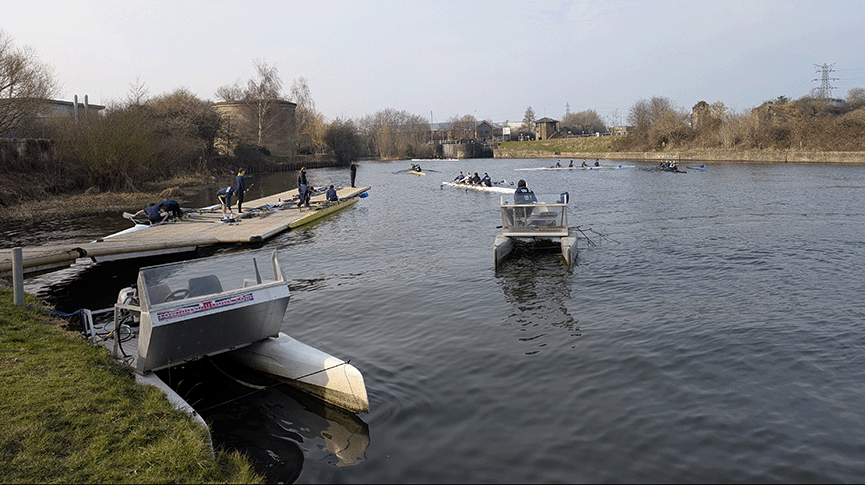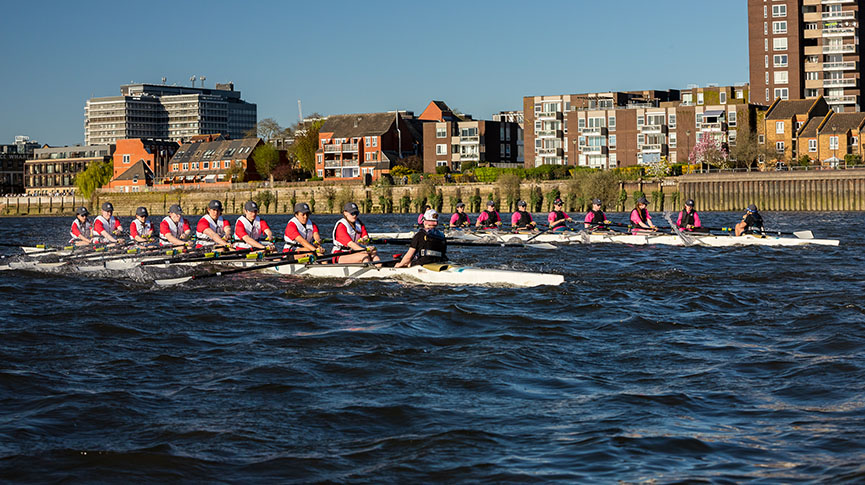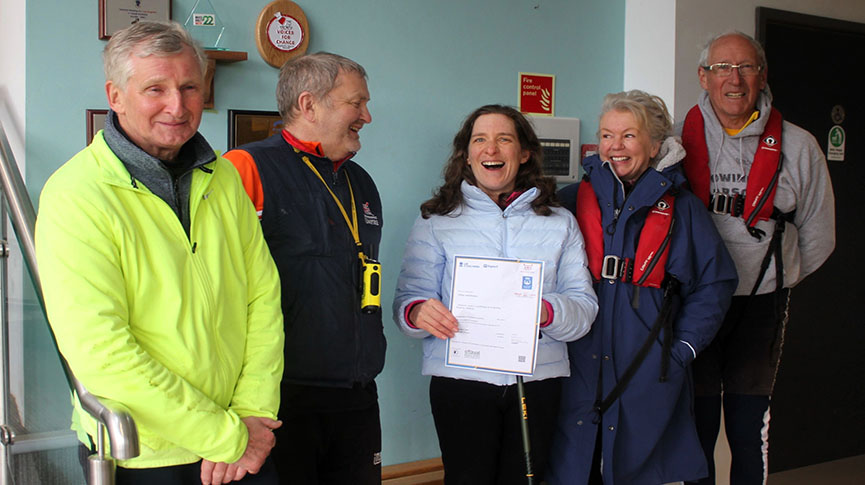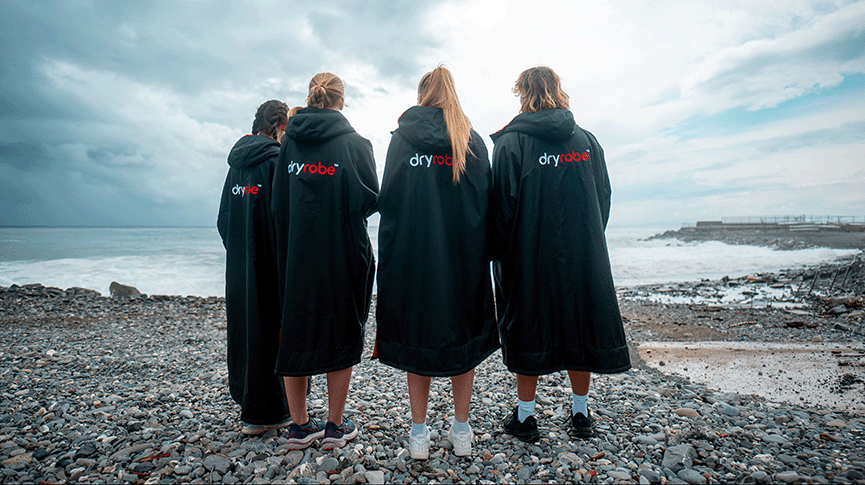Annamarie Phelps CBE interview: “I love what I do; I’ve viewed it as a privilege”
On 31 March, Annamarie Phelps will step down as Chairman of British Rowing. British Rowing celebrates her achievements
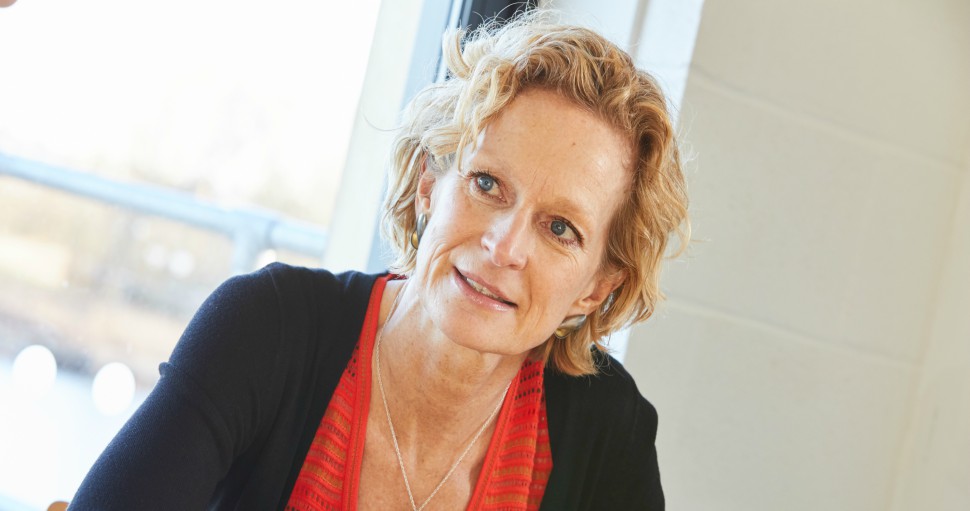
British Rowing Chairman Annamarie Phelps (c) Simon Way
After successfully leading British Rowing for the last four years, British Rowing Chairman Annamarie Phelps CBE will be stepping down from her position on 31 March, as a result of the implementation of the UK Government’s new Code for Sports Governance.
Following a successful international rowing career representing Great Britain at the Atlanta 1996 Olympic Games, and winning a World Championship title in the women’s lightweight coxless four, Phelps was elected Deputy Chairman of British Rowing in 2002 during which time she acted as Lead Safeguarding Officer as well as covering Anti-Doping, Equality and Governance. In 2013, she succeeded the late Dame Di Ellis to become non-executive Chairman and take overall responsibility for the strategic direction of British Rowing.
Phelps worked tirelessly behind the scenes to ensure rowing retains its status and influence in the UK and on the global stage
During her time as Chairman, Phelps has overseen a significant amount of positive change within rowing and established a course for the organisation that will continue to help develop and grow the sport.
As well as being ever present on the riverbank during her chairmanship, Phelps also worked tirelessly behind the scenes to ensure rowing retains its status and influence in the UK and on the global stage.
When reflecting on the many highlights during her Chairmanship, Phelps had three that stood out for her from the GB Rowing Team: the men’s eight turning the tide with their first gold at the 2013 Chungju World Rowing Championships, the women’s eight’s silver at the 2016 Rio Olympic Games and the clean sweep at the Rio Paralympic Games with three golds and a bronze. But she also takes great pride in the journey the sport has been on and the vociferous support at the very last Council meeting for all disciplines of rowing – a real turnaround from 20 years ago.
After standing down at the end of March, Phelps will be focusing on her role as Vice Chair at the British Olympic Association, and will continue to support the international rowing scene, including through her role as Commonwealth Liaison for FISA and as a member of the European Rowing Management Board.
Before her departure, Annamarie Phelps spoke to Martin Cross about her role as Chairman.
Martin: How long is your normal working day?
Annamarie: I love what I do and don’t count hours. I’ve viewed it as a privilege. In addition to British Rowing, I have also been on the boards of the British Paralympic and Olympic Associations. That means I am ‘on duty’ five to six days a week. With so many volunteers, evening phone calls are inevitable – plus working many Saturdays and Sundays.
MC: What are the moments of crisis that you’ve had to face?
AP: Over the last five years, I like to think that we’ve navigated away from crisis but there have been some real challenges and some very sad moments. The most challenging from a business perspective were the transitions between three chief executives and personally, the loss of some amazing young talent across the sport in the deaths of Rosie Mitchell, Michael Hill and Ailish Sheehan.
I believe inspiration and inclusion will be the two key words for the next part of rowing’s journey
MC: When was the last time you lost any sleep over a rowing issue?
AP: Finding out that I’d have to step down from this role immediately was more disturbing than I would have imagined – that probably upset my sleep. I wasn’t sure what the impact would be – both on British Rowing and me. At first it wasn’t clear how we’d deal with it. But once I got into organising mode, had the period extended to allow for succession planning and so on, I could plan and focus on the things I needed to do for the following three to four months.
MC: What about your legacy?
AP: I don’t like the word legacy, I prefer ‘momentum’. Tim Hollingsworth at the British Paralympic Association came up with that first, so I have to acknowledge his input. When I was Deputy Chairman, I worked hard to highlight the need for a safe and inclusive environment across our sport, especially for juniors and adaptive rowers and I really hope that this work will continue, supported by the Inclusive Club Guide, and the safeguarding networks across the country. At British Rowing, getting our directorates working together internally has also been a focus; we have come a very long way but there is still work to do and I hope that this will continue.
MC: Finally, what challenges do you see the sport facing in the next few years?
AP: The two real challenges we face are: how can we harness the inspirational athletes and success of the national team to grow rowing across a broader socio-economic demographic? And the second is to do with inclusion. In particular, how do we continue to grow the sport from within the BAME communities, as well as for those people with disabilities? I believe inspiration and inclusion will be the two key words for the next part of rowing’s journey.



